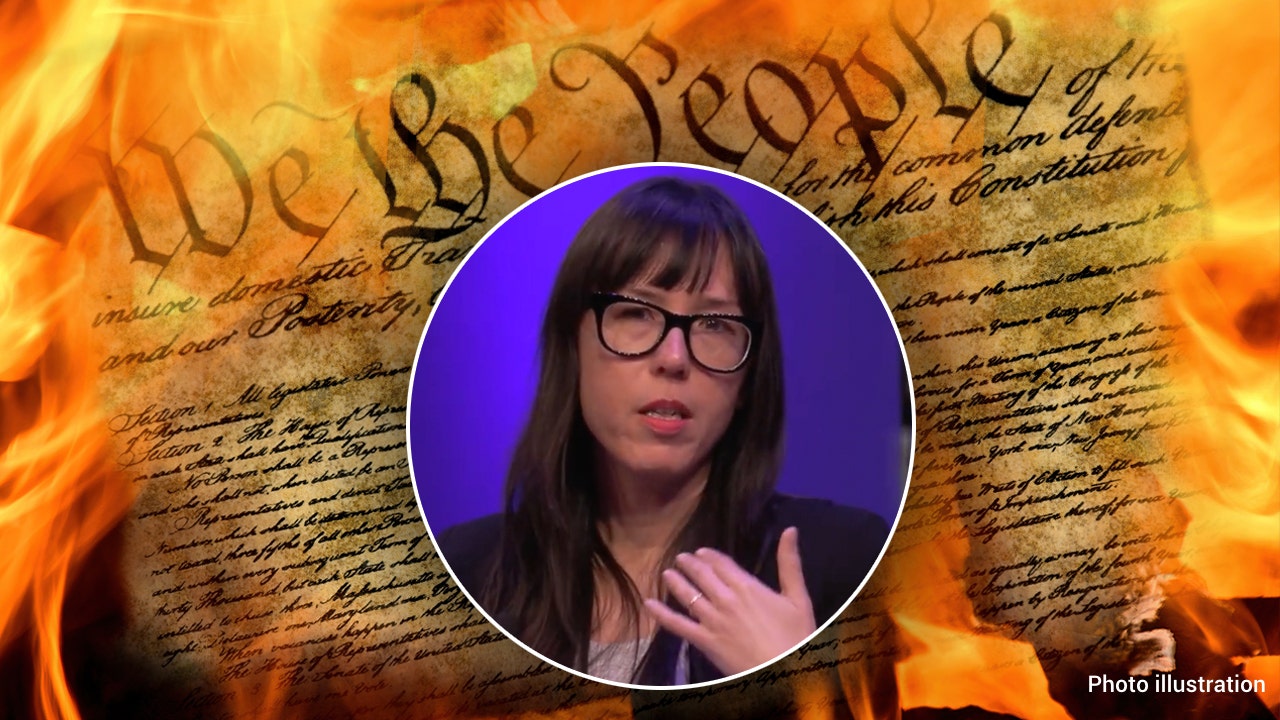19 August 2024
This paid piece is sponsored by POET.
The smiles are electric, the joy is contagious and the hope is palpable.
Tammi Crooks was not prepared for such intense emotions when she visited Kenya for the first time with Seeds of Change this spring.
The POET team member, who works as a talent acquisition coordinator in the Wichita, Kansas, office, said tears were shed when the group arrived at the Kakuswi School for the Deaf in Tawa, where Seeds of Change has been sponsoring students and renovating buildings since 2012.
“Their gratitude and the way they expressed it was beautiful,” Crooks said.
A group of 13 POET team members, plus family and corporate sponsors, spent three days at the school, helping with building projects and getting to know the children. The mission trip, from May 27 to June 2, was the group’s first visit to Kenya in five years. COVID suspended travel for a few years, and last year’s trip was the first to Uganda. Visits to Kenya and Uganda will now alternate annually.


POET founder and CEO Jeff Broin and his family founded Seeds of Change. Its programs focus on improving educational opportunities, agricultural techniques, air and water quality, access to healthcare, and more in African countries and elsewhere around the world.
Kakuswi School has been part of the Seeds of Change mission since the beginning. The POET team saw how far the facilities had come when they visited the primary school next door. That’s where the school for the deaf got its start, but not much has changed at this place in the past decade since the move. The furniture is made from boxes, the letters taped to the walls are written on old cement bags, and children in tattered clothes write in notebooks sewn together from cardboard squares.
On the other side of the fence at Kakuswi School, the school uniforms are smart and the bunk beds are neatly made. There are new classrooms, renovated dormitories and new teachers’ quarters.


The mission group helped local masons build a perimeter wall and prepared classrooms for solar power. The projects are scheduled to be completed in the summer, said school principal Timothy Mukilya.
“The group was so friendly, loving, understanding, inquisitive, active and hardworking,” he said.
Mukilya and the staff appreciate the work, but what is really special is the time the volunteers take to get to know the children. If the welcome brought tears, the farewell brought double tears.
“We said goodbye to them and they left in pain, with tears in their eyes of love. It was great!” said Mukilya.
“Timothy’s vision is really becoming a reality,” said Jan Eliason, who made her first mission trip in 2017 with her husband, James, who is a materials manager at the POET plant in Shelbyville, Indiana. They make it a point to return every year, but this was their first mission trip since COVID and they were impressed with the progress.
Eliason has a background in special education, so the school for deaf children is close to her heart. Likewise, the children are drawn to her and her blonde hair, which makes her stand out in a room full of African children.
Eliason formed a particularly close bond with a student at a mission-supported girls’ high school on her first trip. Rael is now 22, and the Eliasons have watched her balance boarding school with her family’s needs and navigate university. She is nearing graduation and is pursuing a career as a data entry clerk.


The Eliasons chat with her a few times a week on WhatsApp and support her family financially. The family lived under a tin roof without electricity or running water in a slum in Mombasa on Kenya’s coast, Eliason said, eight hours away from Rael’s school.
“Ten dollars there is worth as much as $100 in the United States,” Eliason said.
Once, when a church group was collecting donations for solar-powered lamps, the Eliasons bought one for Rael’s family. They could use it at home, but Rael’s mother sent it to school so Rael and the others could study in the evenings.
Eliason is encouraged that Kenyans make education a high priority.
“We asked the girls what they wanted to do on the weekend and they just wanted to study,” she said.
“It’s the simple things,” says Jerry Tegels, who works as biofuels business development manager at H20 Innovation in Iowa. The company manages several POET plant irrigation systems and has long been a major corporate donor to Seeds of Change.
At the Kakuswi School, Tegels worked next to a man who was lifting loads of bricks with his bare hands. He ended up wrapping his blistered palms in burlap sacks. The American gave the man his gloves, wishing he had had enough for everyone.
Tegels looks at the photos he took in Kenya and wonders what the children and adults are doing now. When you see the work of Seeds of Change first hand, you realize the impact.
“You don’t see them as a country or just as a large population,” he said. “You see them as individuals.”
That’s the value of personal connections. Levi Rustand, an accounting analyst at POET’s headquarters in Sioux Falls, gained a new perspective on giving on his first Seeds of Change mission trip. Some may wonder why expend resources to send 13 people across the ocean when organizations could simply send money.


“We learned how much value our friends in Kenya place on building relationships with people,” he said.
Lacey Campbell, rail logistics specialist at POET, calls these relationships the most impactful part of the journey.
“It’s so important to build relationships with people,” she said. “It’s about letting people know that we are physically there for them. We are willing to travel to talk to them, hear their stories and share our stories.”
Sharing the experience in daily journals on Facebook has generated a lot of interest from friends and family, said Shawn Eastman, regional account manager at H20 Innovation in Champlin, Minnesota. He’s eager to share more. He and Tegels plan to put together a presentation for H2O Innovation partners in the U.S. and internationally.
Since water is his business niche, Eastman wants to do more in the future to improve drinking water supplies in Africa.
“If we could purify the water for them, we could avoid many diseases and epidemics,” he said.
Rustand, too, is inspired to do more. He is ready to volunteer as the No. 1 volunteer for next year’s mission trip, he said, and he encourages everyone to take the opportunity to go.


“I’ve always been a giver, but after having this experience and seeing the work we do, I’m all in,” he said.
“I knew we were doing a lot, but I didn’t realize the magnitude,” said Crooks, the POET team member from Wichita.
Crooks has seen this through nutrition programs that are bringing record numbers of Maasi children into school and has been able to literally measure growth in Kenyan fields.
Seeds of Change works with the nonprofit Farm Input Promotions Africa to train Kenyan farmers to sow, till and fertilize more efficiently. Trained farmers serve as extension workers in their villages and teach others how to increase their yields.
In one field planted under FIPS guidelines, corn stalks reached higher than Crooks’ raised hand, while the plants of a neighboring farmer who did not use FIPS methods barely reached his thighs.
“In everything Seeds of Change is involved, we see growth, joy and hope,” Crooks said.





